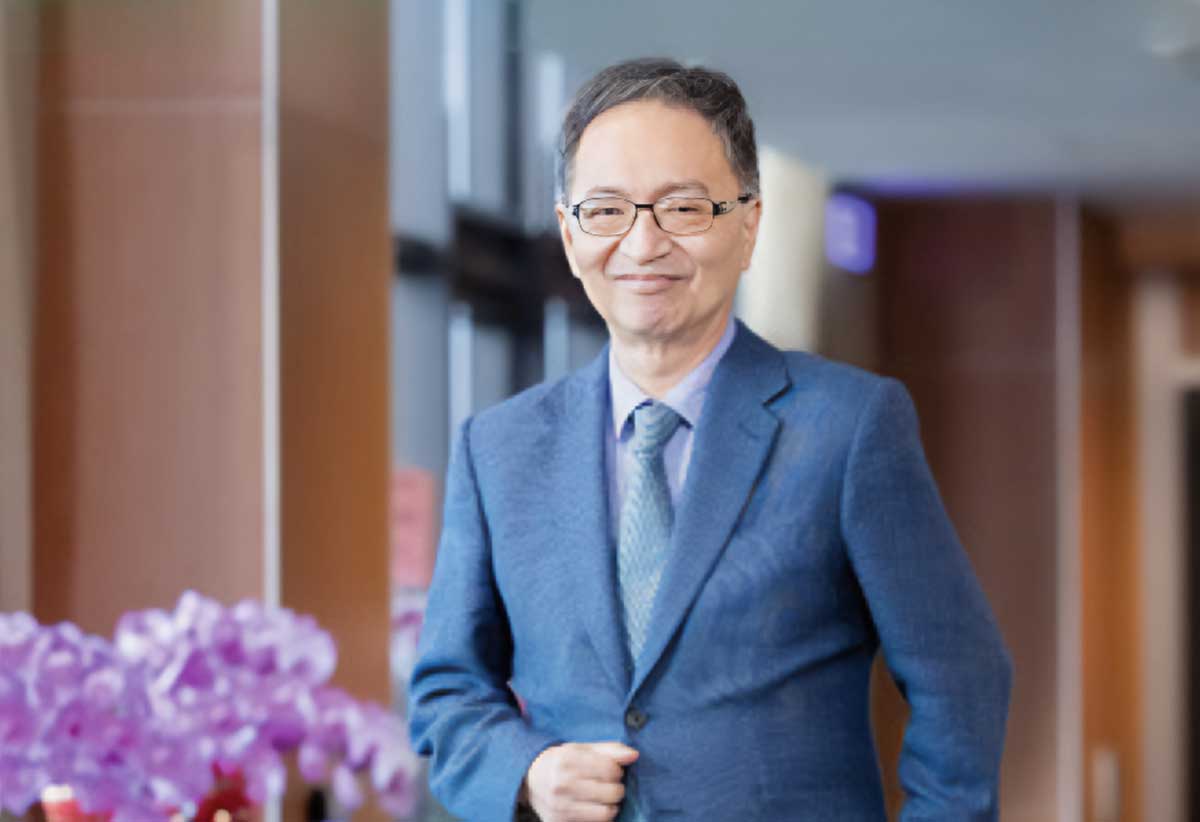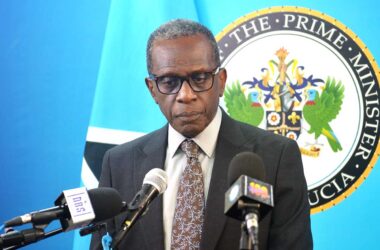
As the world enters the fourth year of the COVID-19 pandemic, the situation is gradually improving. Most border restrictions have been lifted and global health governance has shifted from pandemic response to post-pandemic recovery. Countries worldwide have stepped up efforts to achieve health and well-being for all and further the realization of United Nations Sustainable Development Goals (SDGs) whose progress was impacted by the pandemic.
Taiwan fully supports health-related SDGs and the World Health Organization’s triple billion targets. Indeed, Taiwan is committed to building a more resilient and equitable health service supply chain, maintaining an inclusive and equitable universal health coverage system, and providing disease prevention and management through a robust primary healthcare system. Taiwan is willing and able to share its experience in creating a cross-sectoral, innovative, and people-centered health approach to help the international community work toward the realization of the SDGs related to health and well-being.
During the COVID-19 pandemic, Taiwan effectively mitigated the spread of the disease, leveraging its comprehensive public healthcare system, well-trained anti-pandemic personnel, and epidemiological surveillance, investigation, and analysis systems. Taiwan’s anti-pandemic response model included advance deployment and rapid response mechanisms. Other measures included border control policies, coordinated distribution of medical resources, and a patient transfer system to prevent and contain the pandemic at a time when vaccines and antiviral drugs were unavailable.
Promoting health for all
Last year, WHO’s Director-General outlined five priorities for the subsequent five years, which are promoting health, providing health services, protecting health, powering progress, and performing. Moreover, WHO’s Achieving well-being: A draft global framework for integrating well-being into public health utilizing a health promotion approach further demonstrates its commitment to health for all.
Taiwan established a universal healthcare insurance system in 1995. Since that time, the government has continued to provide disease prevention and healthcare services so that people of all ages can enjoy the right to health. Taiwan provides prenatal checkups, gestational diabetes screening, anemia testing, and three ultrasound examinations to reduce pregnancy risks and promote maternal and infant health. To assist infertile couples and reduce the financial burdens of in-vitro fertilization, the government has continued to expand subsidized infertility treatment programs. Taiwan also aims to create a breastfeeding-friendly environment and provide preventive pediatric healthcare and health education.
Innovative technology and universal health coverage
Taiwan’s National Health Insurance (NHI) is a prime example of universal health coverage, offering financial protection and access to a wide range of essential services. The COVID-19 pandemic helped the international community recognize the importance of regional cooperation and digitization in healthcare. Taiwan is committed to promoting digital health and innovation to enhance the accessibility and quality of healthcare services, including plans for a next-generation NHI program.
Taiwan has introduced innovative healthcare services, utilizing real-time telehealth consultations for patients residing in remote areas and outlying islands, and is exploring applications for artificial intelligence and other emerging technologies. Understanding how important it is to work with the international community, Taiwan will further share innovative technologies and best practices with partners around the world to advance universal health coverage.
Taiwan can help, and Taiwan is helping
Taiwan has not been invited to the World Health Assembly since 2017. Now that the COVID-19 pandemic is abating and dialogue on strengthening health systems worldwide is accelerating, Taiwan should not be left out. Taiwan can help, and Taiwan’s inclusion would make the world healthier, more sustainable, and more equitable.
Taiwan urges WHO and all relevant stakeholders to support Taiwan’s inclusion in the World Health Assembly as an observer, as well as Taiwan’s full participation in WHO meetings, mechanisms, and activities. Taiwan will continue to work with the world to help ensure the fundamental right to health enshrined in the WHO Constitution. In the spirit of the SDGs, no country should be left behind—especially not Taiwan, which has made significant contributions to global public health.




![John Paul Estephane, Minister in the Ministry of Tourism and Commerce [Photo Credit: GOSL]](https://thevoiceslu.com/wp-content/uploads/2026/01/John-Paul-Estephane-380x250.jpg)

![DIPT-RESDP SAP graduating class [Photo credit : GOSL]](https://thevoiceslu.com/wp-content/uploads/2026/01/DIPT-RESDP-SAP-graduating-class-1-380x250.jpg)

![Northern United FC [Photo credit : GIFL ]](https://thevoiceslu.com/wp-content/uploads/2026/01/Northern-United-FC-380x250.jpg)
![Athletes on the tracks at MPP [Photo credit :MYDS]](https://thevoiceslu.com/wp-content/uploads/2026/01/Athletes-on-the-tracks-at-MPP-feat-380x250.jpg)



